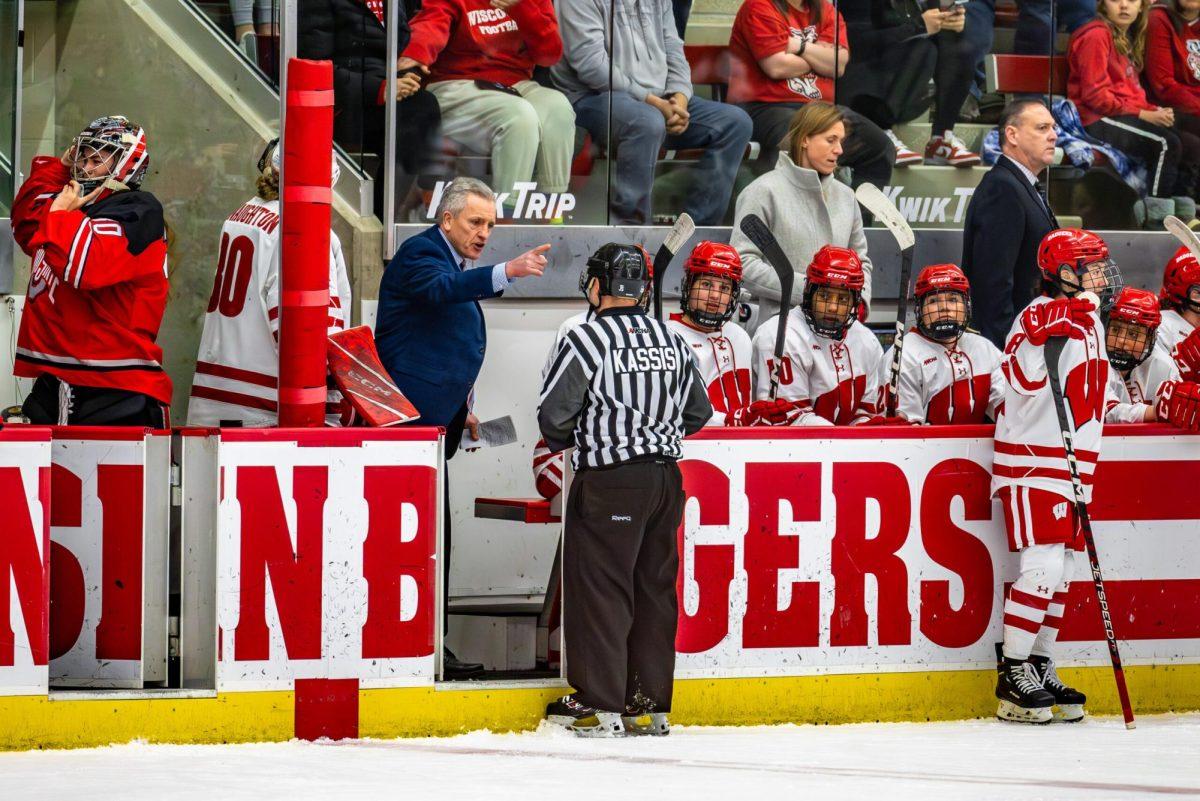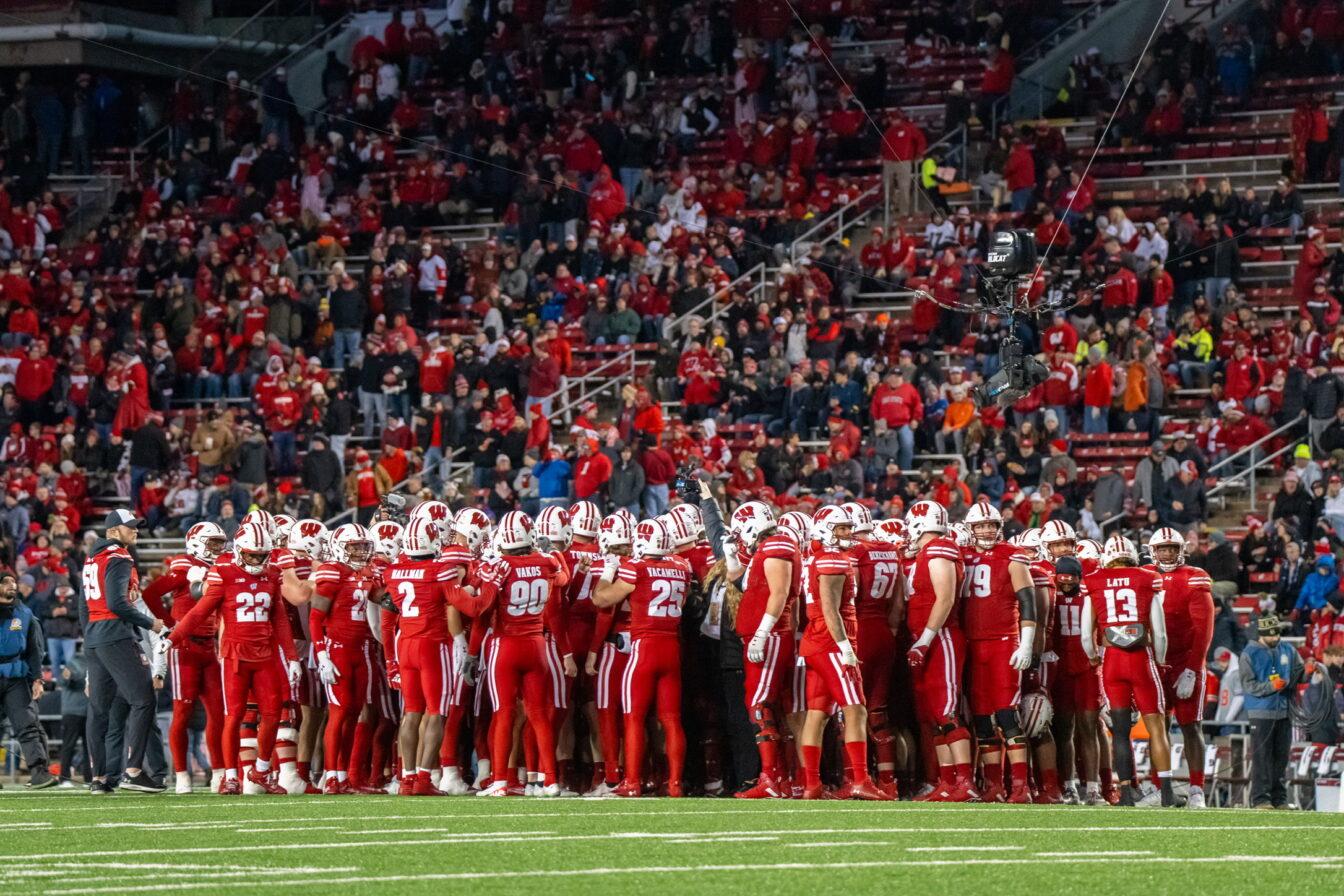The annals of college football history speak of many great rivalries.
Much like the Hatfields and McCoys, some feuds have become so long-lived that few involved are even aware of their origins. Several others foster such vicious animosity that the implications of game-day events far transcend the field itself. Still others tell of such great chapters and characters that simply seeing the two sides take the field evokes specters of the rivalries’ storied past.
For example, while a glimmer of hope remains for a peaceful resolution between Palestine and Israel, no such hope exists for the Seminole and Gator faithful.
From the steps of libraries wrapped in ivy to the halls of Congress, no topic of conversation quite sparks the drawing of flint canon barrel pistols like talk of a match-up between Harvard and Yale.
If you seek proof of the existence of John Kerry’s “Two Americas,” look no further than a Lone Star State duel between the white-collar Longhorns of Texas and the blue-collar Aggies of A&M.
Finally, if Auburn and Alabama possessed nuclear capabilities, rest assured the Deep South would be a distant memory by now. In fact, the fury of this legendary contest became so intense that in 1907, the schools simply refused to take the field with one another over a trivial financial matter ($34 for player expenditures). The Iron Bowl wouldn’t resume again for over 40 years.
No rivalry, however, totally embodies the history, significance and blinding hatred of an ideal feud quite like Michigan and Ohio State. No rivalry draws the same level of national attention. No rivalry means more to the conference standings year after year (certainly folks in Iowa City and Madison will be watching this year’s contest as carefully as their own game). Last but not least, no rivalry pulls in the masses like this one — 7,014,358 people have borne witness firsthand to a Buckeye-Wolverine showdown since 1922.
And yet, as the two programs prepared for the 101st edition of the legendary series, something almost went terribly awry.
Oct. 27, Ohio State and Michigan were in the final stages to an agreement with telecommunications giant SBC over the naming rights to the gridiron fall classic. SBC offered each school $260,000 for each of the next two years in sponsorship of the annual game. Had terms been reached, the “SBC Michigan-Ohio State Classic” would have become the official title with SBC logos printed on advertisements and displayed on the scoreboard at Ohio Stadium.
Fortunately, in large part due to public outcry, the schools backed out of the deal, shelving negotiations until a later date. For blue, yellow, scarlet and gray, the deferral, for a time, restored faith in the integrity of the greatest rivalry in college ball.
After all, a classic rivalry embodies the true spirit of tradition; too fine a thing for fair-weather fans, corruptive third parties and, most of all, fly-by-night financial opportunism. To taint this tradition with the sponsorship of this corporate juggernaut would have proved an egregious mistake — particularly in light of the potential sponsor, who recently revealed plans to lay off as many as 1,000 workers in Michigan alone over the next few years.
Even Faust would have thought better of this deal.
But immediate implications aside, the near agreement represents a deterioration of respect for tradition, an interest perhaps deserving as austere consideration as barring performance enhancing drugs or benefits paid to student athletes.
Consider the present state of affairs. Currently the BCS bowl system draws in more than $110 million for the major conferences. Seeking massive advertising exposure, corporations such as FedEx (Orange Bowl), Citibank (Rose Bowl), Tostitos (Fiesta Bowl) and Nokia (Sugar Bowl) have attached their names to these sacred institutions.
But this is old news. Now the BCS wants to add a fifth bowl, claiming the extra contest would give small conference teams a better shot at the big dance (since the major six conferences get an automatic bid).
So the BCS is going to pass on another cash cow just to give Boise State an opportunity to get hosed by Auburn? I’ll believe it when I see it.
Here’s the point. After witnessing the rivers of revenue brought in by the post-season bowls, the desire of athletic programs to recuperate the growing amounts of capital being funneled into expanding facilities and day-to-day operations makes corporate sponsorship seem like a reasonable solution. And what better way to capitalize on the game-day atmosphere than to exploit a great and storied rivalry?
Though dodged for the time being, the issue is far from a dead one. Sometime in the near future another estranged pair will be faced with a similar situation — perhaps even the Buckeyes and Wolverines again.
Make no mistake: if Michigan and Ohio State ever officially compromise the significance of this border battle, they’re going to need disc brakes to stop Joseph Wood from spinning in his grave. Who is Joseph Wood? Wood was the lone casualty of the Toledo War, a mostly non-violent conflict waged in 1835 between Ohio and the Territory of Michigan over a small strip of land.
Non-violent not because of any presumed civility but because the opposing militias got lost in the swamp and never found each other. There’s no doubt about it, they aren’t the brightest of Midwesterners, but they hate each other with a veracity not equaled north of the Mason-Dixon Line.
That hatred deserves to burn white hot — without sponsorship or cheapening of any kind. For all that is still pure in college ball, keep these wolves off our field. You won’t see advertising banners draping the arcades and ambulatories of the greatest cathedrals in Europe. To corrupt the Horseshoe or Big House in such a way would prove an equal atrocity.














